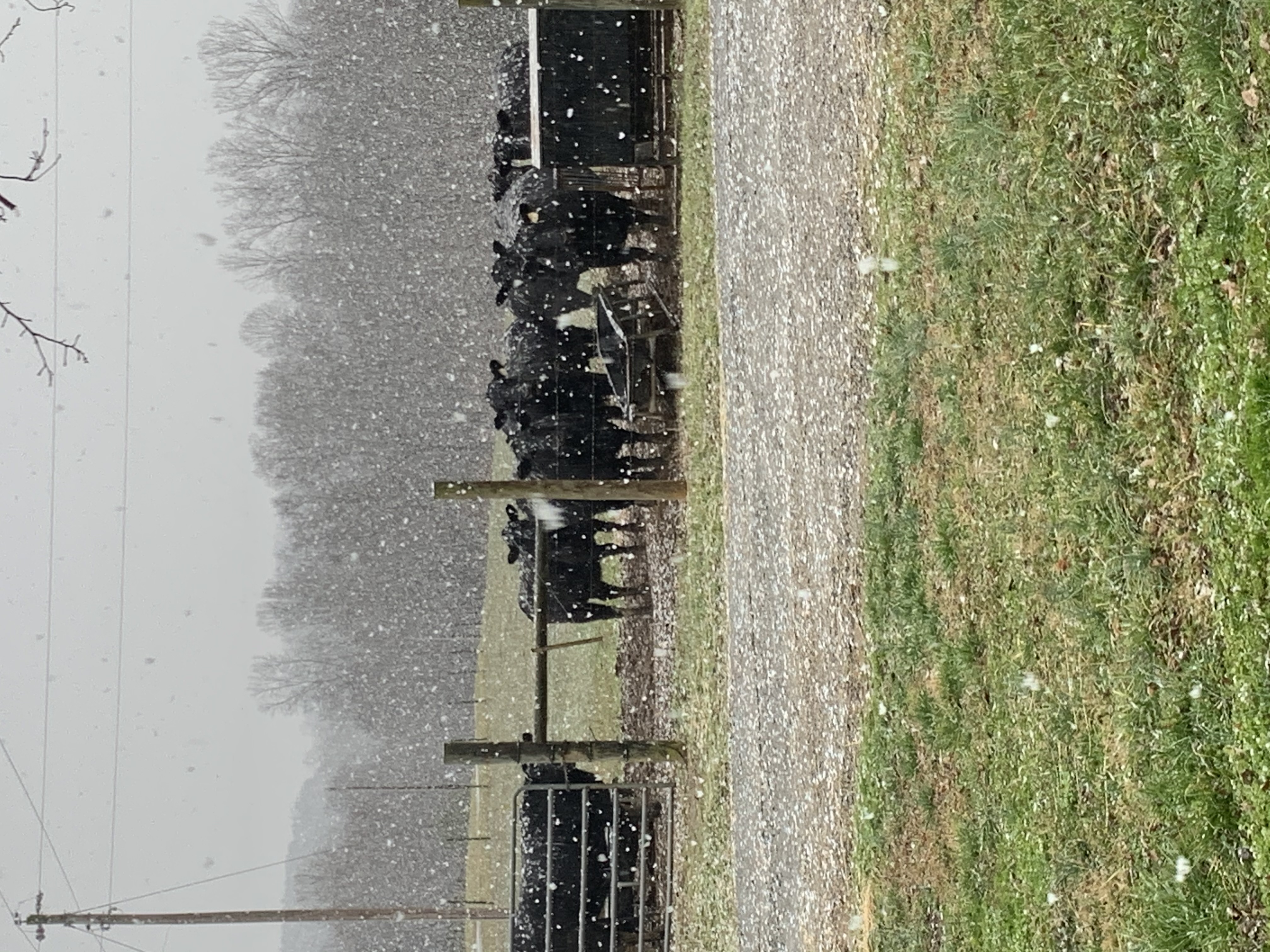Battling Winter Weather With Out Livestock, Poultry & Pets
go.ncsu.edu/readext?980499
en Español / em Português
El inglés es el idioma de control de esta página. En la medida en que haya algún conflicto entre la traducción al inglés y la traducción, el inglés prevalece.
Al hacer clic en el enlace de traducción se activa un servicio de traducción gratuito para convertir la página al español. Al igual que con cualquier traducción por Internet, la conversión no es sensible al contexto y puede que no traduzca el texto en su significado original. NC State Extension no garantiza la exactitud del texto traducido. Por favor, tenga en cuenta que algunas aplicaciones y/o servicios pueden no funcionar como se espera cuando se traducen.
Português
Inglês é o idioma de controle desta página. Na medida que haja algum conflito entre o texto original em Inglês e a tradução, o Inglês prevalece.
Ao clicar no link de tradução, um serviço gratuito de tradução será ativado para converter a página para o Português. Como em qualquer tradução pela internet, a conversão não é sensivel ao contexto e pode não ocorrer a tradução para o significado orginal. O serviço de Extensão da Carolina do Norte (NC State Extension) não garante a exatidão do texto traduzido. Por favor, observe que algumas funções ou serviços podem não funcionar como esperado após a tradução.
English
English is the controlling language of this page. To the extent there is any conflict between the English text and the translation, English controls.
Clicking on the translation link activates a free translation service to convert the page to Spanish. As with any Internet translation, the conversion is not context-sensitive and may not translate the text to its original meaning. NC State Extension does not guarantee the accuracy of the translated text. Please note that some applications and/or services may not function as expected when translated.
Collapse ▲Although we haven’t had any snow yet…. Our temperatures have been steady dropping, and reaching the single digits and lower. Our livestock, poultry and pets may need some extra care during these cold temperatures. So how can we help them?
For all of our animals it is important to make sure that they all have plenty of fresh & unfrozen water as much as possible. We also need to make sure that we have areas that our animals are allowed to access that are out of the wind and winter weather.
For livestock (Cows, Horses, Sheep & Goats)– Be sure they have access to plenty of forages. Forages for some include new stock piled grass but, for many it is hay or silage. However you are supplementing your livestock, be sure they have access to more than the normal amount of forages. The more your livestock eat, the more energy they will produce which will help them keep their body temperatures up.
For Poultry– Keep their feeders as well as waterers full and fresh. Allow poultry to be able to get out of winter elements and protect them from the winds. Provide dry bedding for poultry, this may be wheat straw or pine bedding
For Pets kept outside– Provide fresh bedding, usually wheat straw or pine bedding, in dog houses or pens. Face dog houses away from the wind.
** If using heated waterers make sure electrical plugs are secure, and away from pet access.
** If using tank heaters (floating or sinking) be sure to follow instructions on proper use to prevent any damage to tanks or livestock
** If using supplemental heat for poultry or pets (heat lamps) make sure there is a 3ft space between your heat lamp and any flammable materials. Make sure that heat lamps are secured so that they cannot fall or be knocked over and ignite any materials below or around them.
If you use blankets for any of your animals, be sure that they are properly secured to the animal and that they are not left on for long periods of time if they get wet.
If you have any questions or need assistance in helping your livestock, poultry or pets through the winter weather, contact Bailee Perkins at Extension Office by phone or email at 336-694-4158 ext. 5 or bailee_perkins@ncsu.edu





